Expansion Tanks: What Are They and Why Are They Important?

What Is an Expansion Tank?
Homeowners looking to maximize the efficiency and life expectancy of their heating and cooling systems may want to consider installing an expansion tank as an easy and inexpensive means of regulating water pressure and preventing costly damage to other components, including pipes.
What Is an Expansion Tank?
When water is heated, it expands, increasing the pressure in closed heating systems. Over time, these pressure fluctuations can damage the system's components. An expansion tank is designed to alleviate this pressure and extend the life of your system. Here's how it works.
An expansion tank is designed to relieve pressure in both potable water and closed hydronic heating systems. It ensures that constant pressure is maintained within the pipes so they do not get damaged from excess pressure. “An expansion tank in a heating system is an invaluable component that protects the entire system from the increased pressure and volume caused by heating,” asserts Daniel O’Brian, a technical expert,
“When water is heated, it expands,” O’Brian explains. “In a closed heating system there is only so much space in the pipes and the boiler. If the water is taking up more space and has nowhere to go, the pressure will increase and possibly damage the system, generally at its weakest points, until a leak or even a burst pipe results. An expansion tank is designed to relieve the stress, thereby increasing the life of the components in your entire heating system.”
Expansion tanks work by equalizing pressure throughout the system. An expansion tank is a small tank divided in two sections by a rubber diaphragm. One side is connected to the pipes of the heating system and contains water. The other side is dry and contains pressurized air, set at approximately 12 psi. As hot water enters the heating system, the pressure in the system increases. As pressure increases, the diaphragm in the expansion tank is pushed down. This compresses the air in the tank, creating more space for excess water to enter. This relieves excess pressure in the system and prevents pipes in the system from being damaged.
https://www.bobvila.com/articles/expansion-tanks/
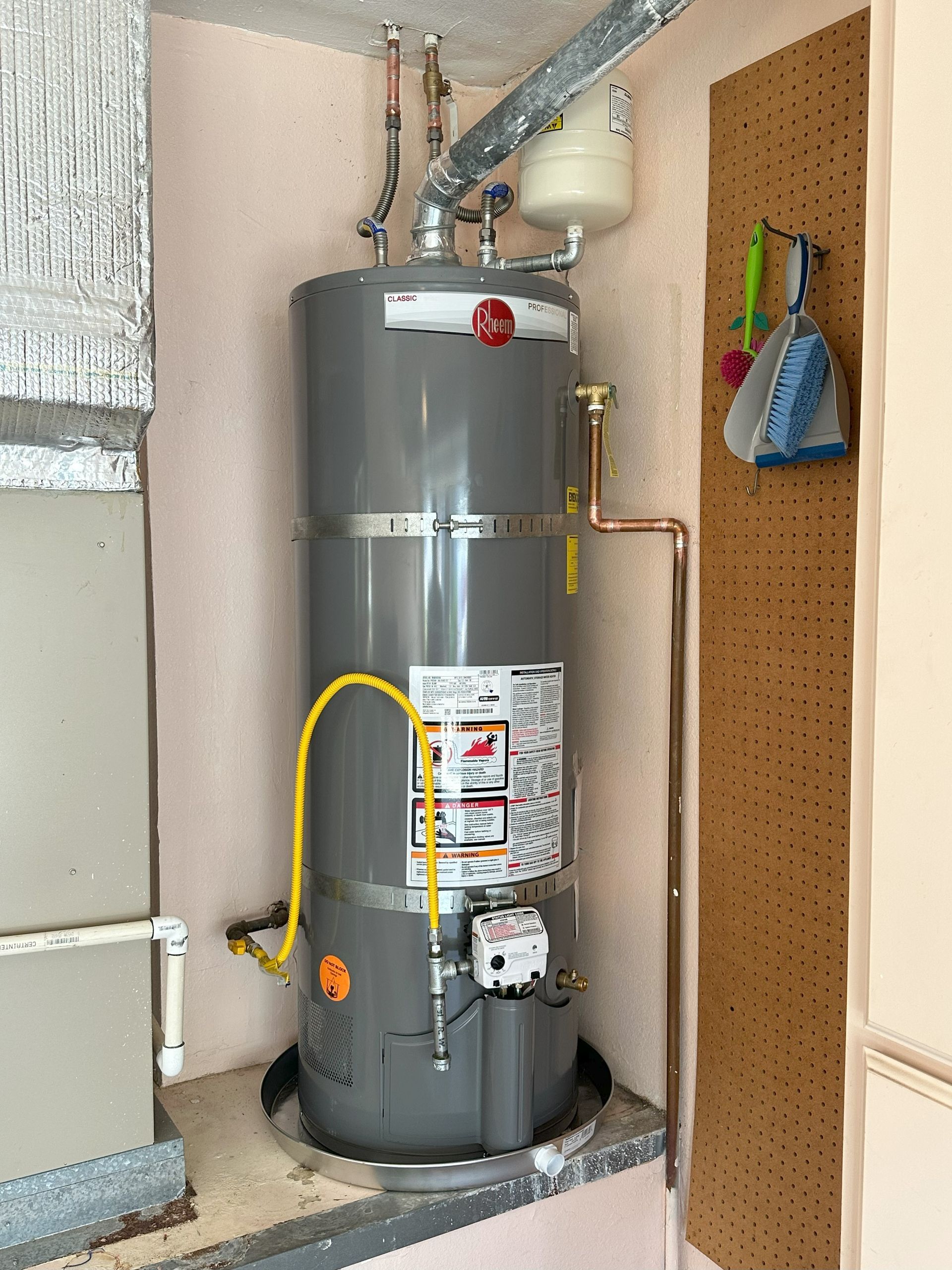
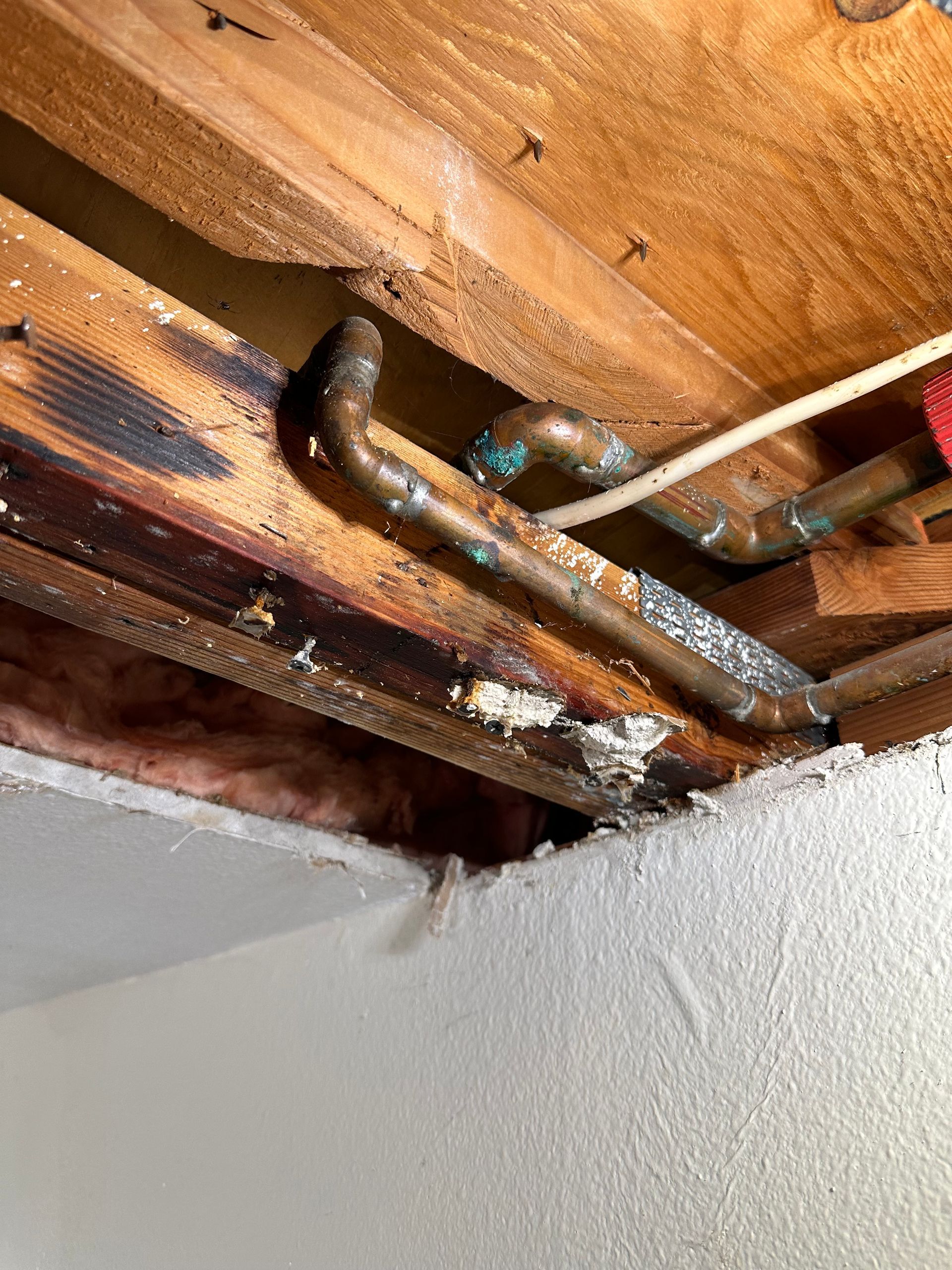
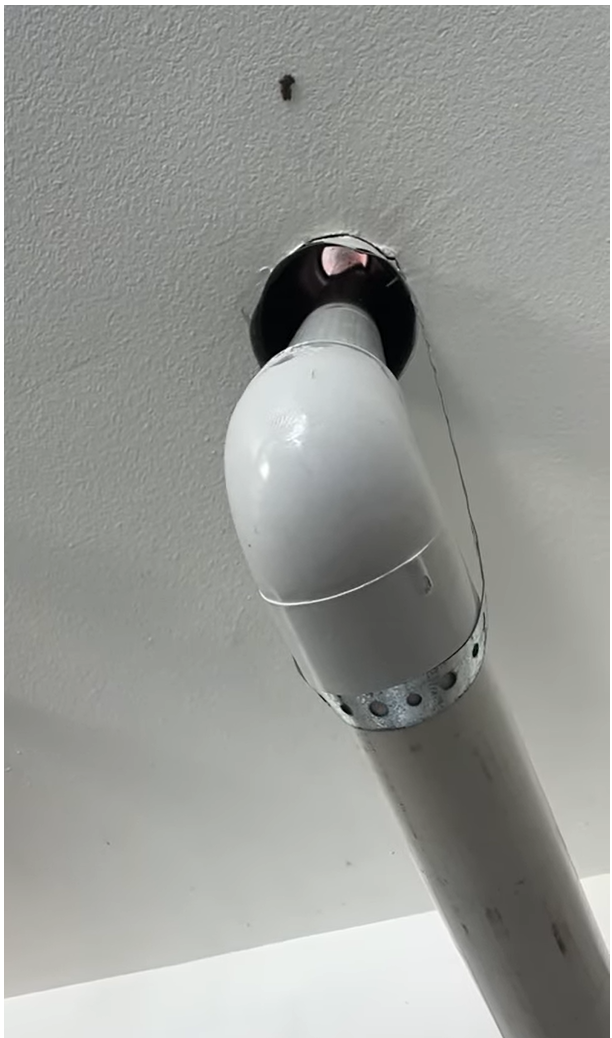
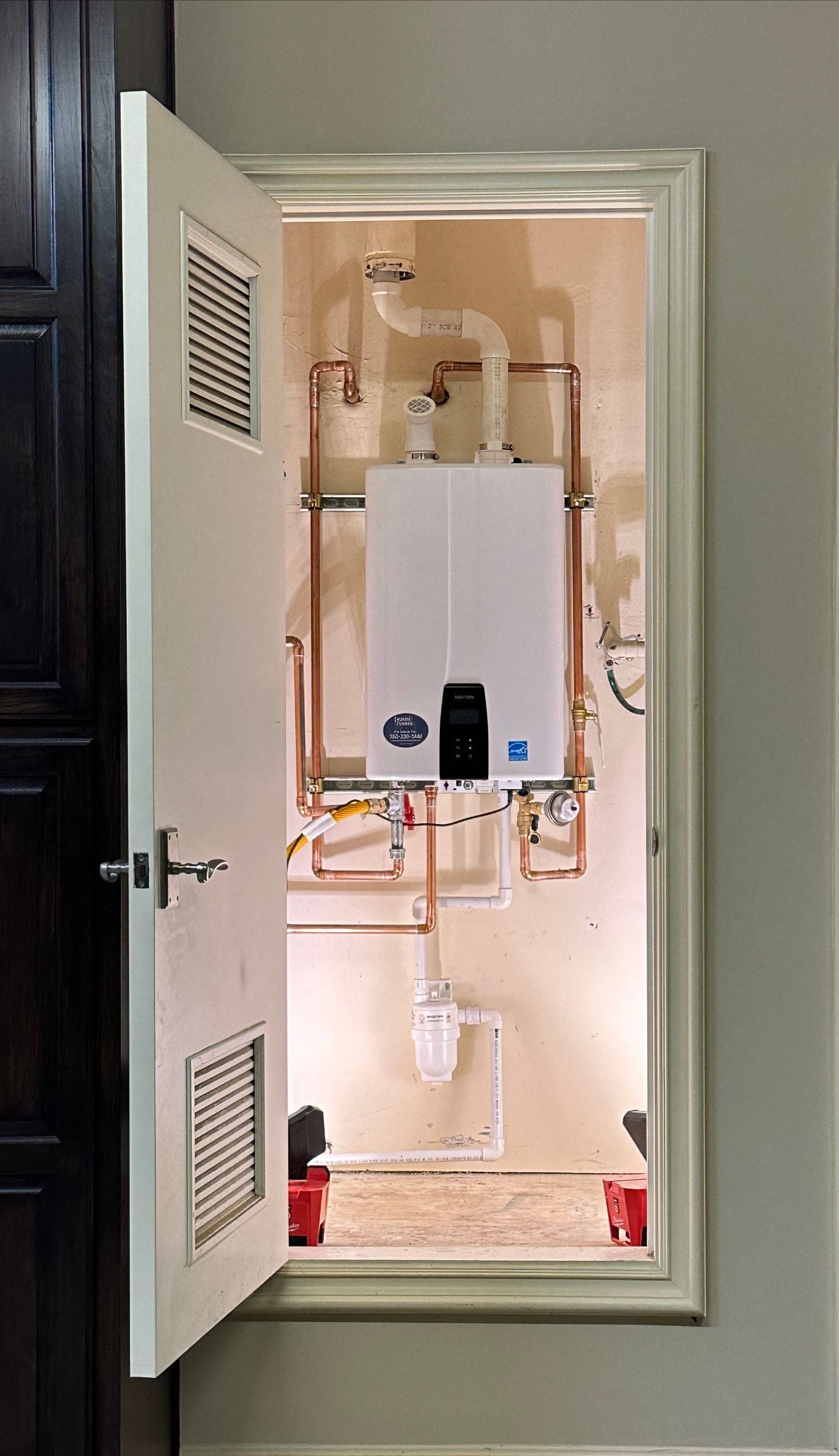

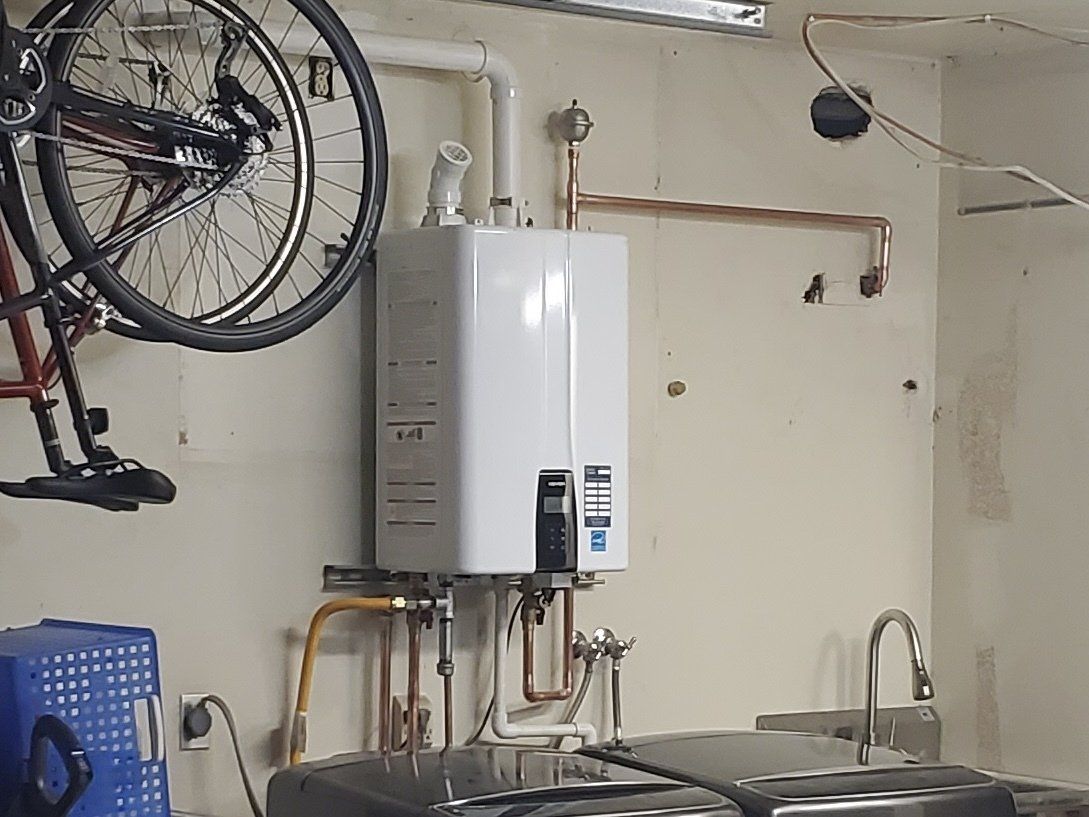

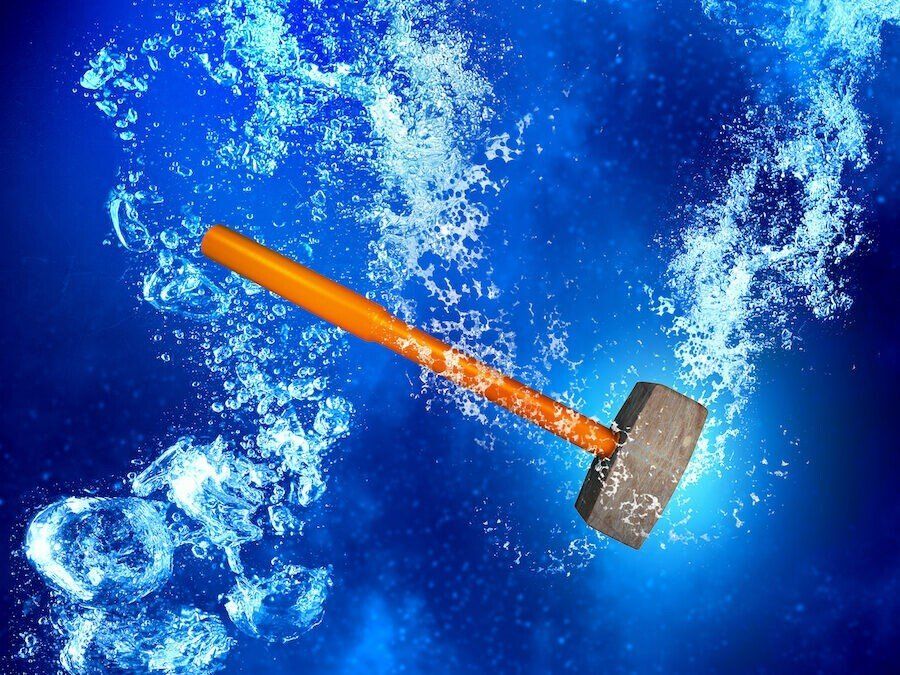
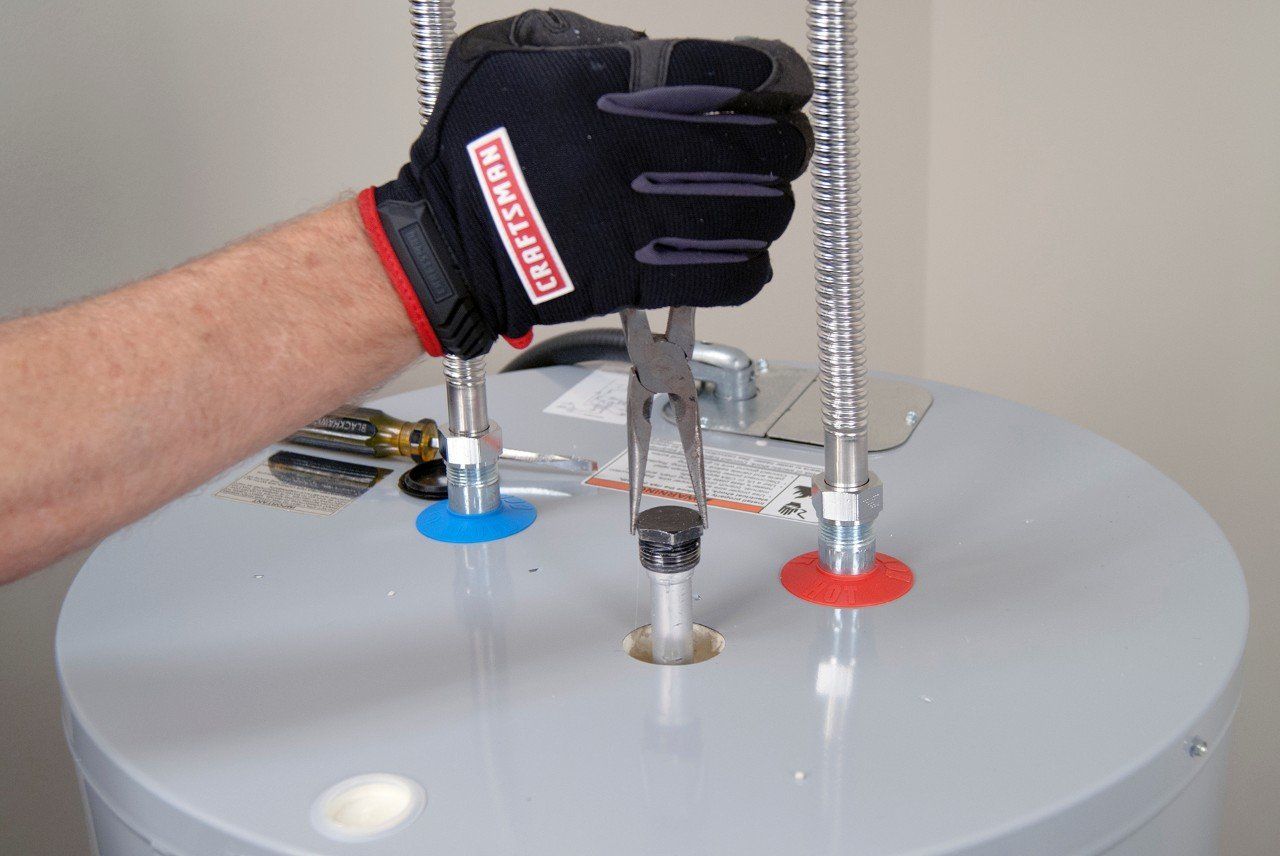











Share On: